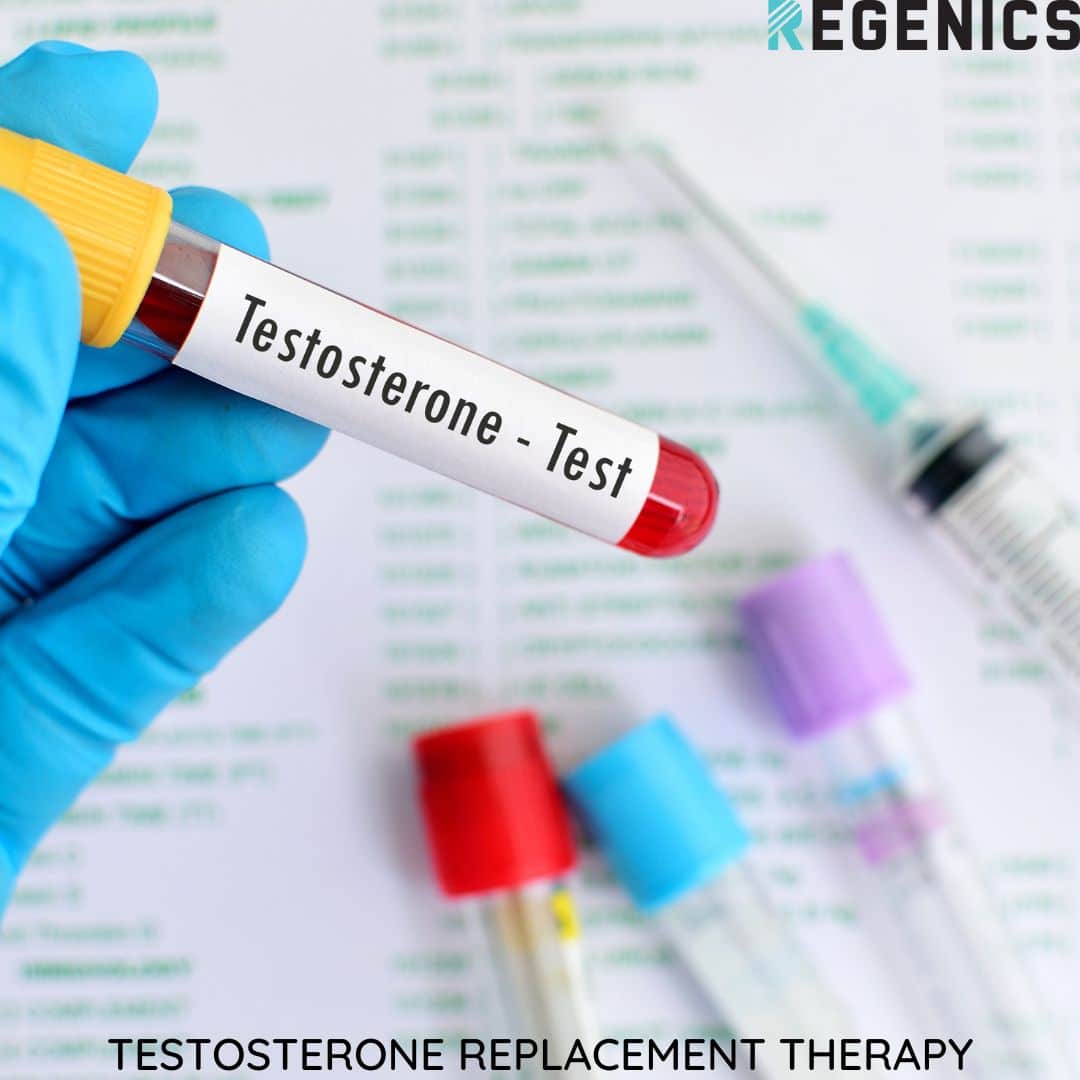Evaluating Testosterone Replacement Therapy (TRT)
By admin_sergey
|Testosterone is the primary male sex hormone and it plays an essential role in developing male reproductive organs during fetal development. It contributes to the development of bone and muscle growth, as well as and repair throughout life. During puberty, testosterone drives sexual maturation, influencing characteristics like facial hair, a deeper voice, and increased libido.
Testosterone is synthesized in the gonads in men, and in the ovaries in women. It produces anabolic effects such as stimulating luteinizing hormone production and red blood cell formation. Higher testosterone levels explain why men typically have higher hematocrit levels than women.
As men age, testosterone production naturally declines, likely due to changes in testicular endocrine function. Low testosterone can lead to symptoms like depression, mood swings, reduced bone density, and, in some cases, an increased risk of prostate cancer. Research suggests that low testosterone levels have been linked to higher mortality rates in male veterans. Symptoms of low testosterone often include reduced libido, low energy levels, erectile dysfunction, and hair loss.
TRT and Mental Health
Testosterone Replacement Therapy (TRT) is a common treatment for hypogonadism. It can be administered through gels, injections, or pellets. While many benefits of TRT, such as improved libido, energy, muscle mass, and bone density, are well-documented, the effects on mental health remain unclear. Some studies have shown positive results in men with depression, particularly those with low testosterone levels. However, other studies have found mixed or inconclusive results regarding TRT’s overall impact on mental health as a number of other factors play a role.
Despite its potential advantages, TRT can have drawbacks. It has been associated with metabolic syndrome, obesity, and cardiovascular issues, which may outweigh the benefits for some individuals. Therefore, it is essential to consult a healthcare provider before considering TRT.
TRT and Cardiovascular Health
The question of TRT’s safety, particularly regarding cardiovascular health, is an ongoing debate. Some evidence suggests that TRT might benefit men with coronary artery disease (CAD) by improving exercise capacity. However, research results are inconsistent, with some studies pointing to an increased risk of cardiac arrest while others find no such correlation. Similarly, studies have explored whether TRT could reduce prostate cancer risk, but conclusions remain conflicting. Ultimately, a number of details will influence how the body synthesizes TRT, including genetic predispositions and personal lifestyle choices.
TRT and Energy Levels
For men suffering from hypogonadism, TRT aims to restore healthy testosterone levels, improving physical performance and quality of life. For cancer survivors, TRT has shown promise in reducing fatigue and boosting overall fitness. Yet, like any treatment, it may come with potential side-effects such as fatigue and decreased libido in some cases. Studies have also shown TRT’s tendency to reduce fatigue, which can significantly improve a person’s social life and well-being.
TRT and Aging
As men age, testosterone production decreases, leading to potential symptoms like reduced muscle mass, concentration issues, and lower stress tolerance. Testosterone decline may also affect vascular function, increasing cardiovascular risks. Evidence suggests that TRT can improve vascular health and lower risk factors for heart disease, especially in men with type 2 diabetes, though further research is needed.
TRT and Body Composition
TRT has been shown to improve muscle mass, reduce body fat, and enhance bone density, contributing to better physical health and weight management. Some studies have linked TRT to reductions in waist circumference and fat mass, with significant improvements observed in men undergoing long-term treatment. However, there are concerns about increased risks of cardiovascular disease, diabetes, and prostate cancer, making it a controversial therapy.
While TRT offers many potential benefits, it is not without risks, and ongoing research is needed to fully understand its effects on long-term health. Individuals considering TRT should consult with healthcare professionals to weigh the pros and cons based on their unique needs and objectives.
If you’d like to know more about the benefits of TRT and if it’s right for you, schedule an appointment and talk with our trained providers.
